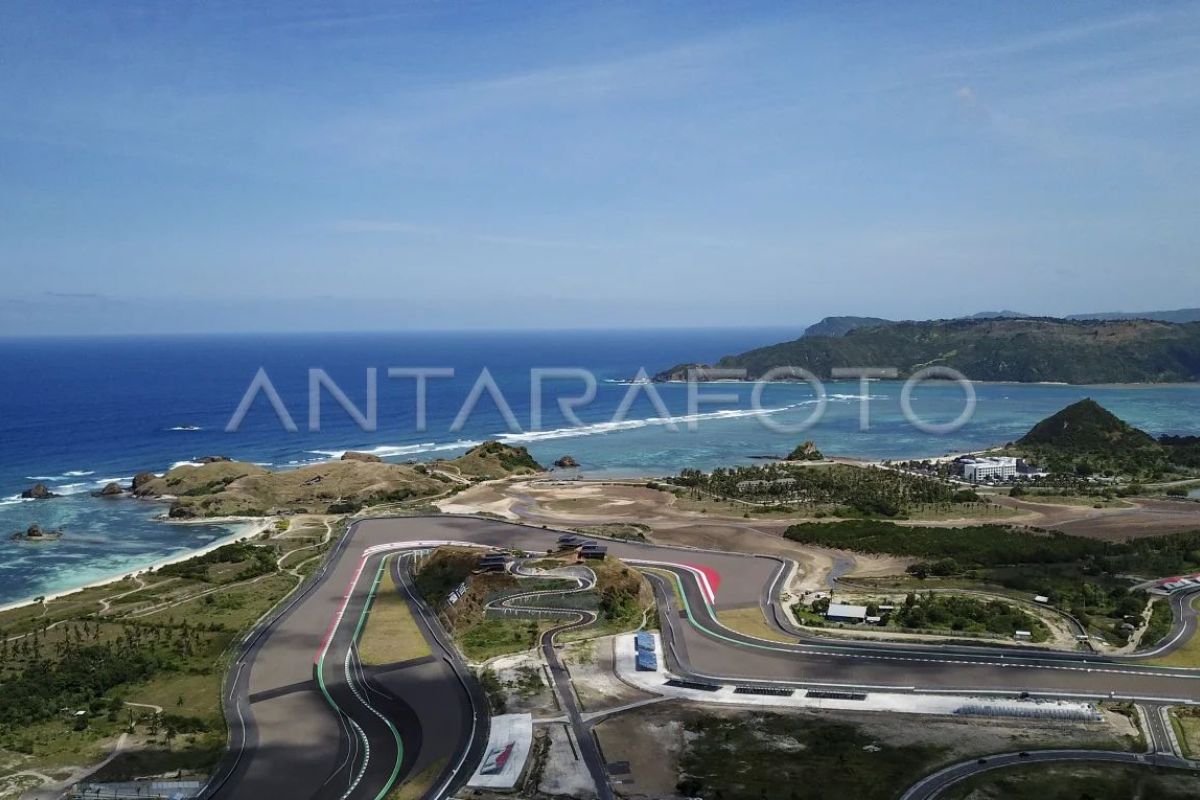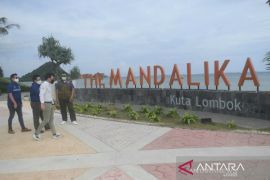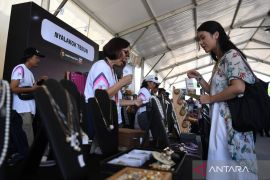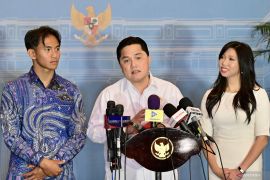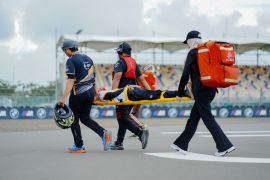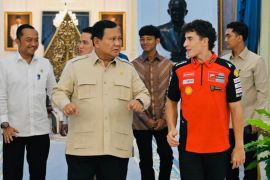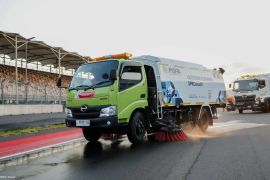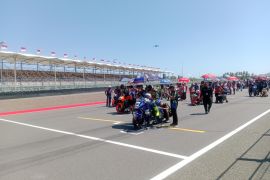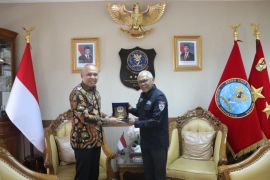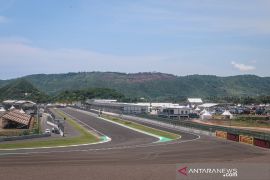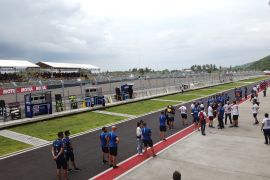The country’s InJourney Tourism Development Corporation (ITDC) has secured an agreement with Dorna Sports to host MotoGP at least until 2031.
An exotic island known for its enchanting natural and cultural wealth, Lombok is set to host MotoGP, the world’s most prestigious motorcycle competition, for the fourth time since 2022. Like two sides of a coin, however, such exposure to the global stage could also backfire in the absence of proper, thorough preparations.
The Indonesian public may rest assured, as technical preparations for the circuit have reached 99 percent, with the track, pit lanes, paddocks, and all necessary electronics ready to welcome the riders.
Still, infrastructure is only one piece of the puzzle. Equally crucial are challenges beyond technical matters, such as engaging local residents, ensuring adequate transportation, boosting promotion, and maintaining security.
Although Lombok is a two-hour flight from Jakarta—the epicenter of protests and riots that spread to multiple regions nationwide in late August—the island was not spared from unrest. The NTB Regional
Legislative Council building was burned during a violent demonstration, raising concerns among authorities over potential security and stability issues ahead of the GP.
The Mandalika GP will only succeed if safety and security are guaranteed. Otherwise, hosting the event could tarnish Indonesia’s image.
One obvious solution is synergy: central, provincial, and district governments, along with security apparatus, must work hand in hand to strengthen and intensify public communication.
It is vital that all stakeholders ensure policy transparency, encourage public participation, and spread information about the economic benefits of making the event a success.
The Indonesia GP should be seen as an inclusive celebration of sport, not just an event catering to a select few.
Boosting promotions
Another pressing concern is that only 30 percent of tickets have been sold, with just one month left before the race. This falls short of the 121,000-spectator target—a goal further threatened by the Formula 1 Singapore Grand Prix, which takes place at the same time.
Coming up with more creative promotional strategies is key to tackling this challenge. Creativity, however, must be matched with intensity—promotions should not only appear on billboards but also flood social media platforms. Collaborating with global influencers could be a promising approach.
To assure tourists that their trip to Lombok is worth every penny, stakeholders could complement the GP with cultural festivals, music concerts, and culinary showcases.
That way, the Mandalika GP offers a complete set of memorable experiences, not only heated rivalries on the asphalt track. The upcoming event presents a valuable opportunity for Indonesia to showcase its appeal as a world-class sports tourism destination.
Businesses and funding
It would be a great loss for Indonesia if hosting an event as grand as MotoGP failed to bring tangible economic benefits to locals. The 2024 edition of the Indonesia GP significantly boosted the income of micro, small, and medium enterprises (MSMEs) around the Mandalika Circuit, and that success must not only be repeated but expanded.
However, relocating local merchants to a designated MSME zone has sparked resistance, with some doubting the site’s strategic value. Ensuring inclusivity in developing the zone is key.
ITDC and its subsidiary Mandalika Grand Prix Association must guarantee that MSMEs are placed in accessible spots with proper facilities, as these businesses are not mere add-ons—they culturally represent Indonesia and Mandalika to the world.
Another potential hurdle is the hosting fee. The NTB provincial government has stated it cannot afford to pay it and that it is only tasked with supporting the event through promotion and preparations. Ultimately, dealing with the fee is the central government’s job.
The Mandalika GP is more than a sporting event—it is a nation-branding opportunity for Indonesia. Accordingly, financial responsibility mainly rests with the state, while local governments should play a supportive role to ensure that the event benefits the people.
Balancing prestige and legacy
The Mandalika Circuit has emerged as a new mirror reflecting the image of the Indonesian nation. The question is whether Indonesia can fully capitalize on MotoGP to boost the economy while polishing its global image.
Strong synergy among central and local governments, organizers, and the public is essential. All must work hand in hand to make the 2025 Indonesia GP a moment that elevates the nation’s prestige.
Though it runs for only three days, the Mandalika GP can deliver long-lasting impacts and become a symbol of sports tourism for NTB and Indonesia—if managed properly. Treating it as a mere ceremonial occasion, by contrast, could turn it into a forgettable event with little impact.
The Mandalika Circuit now stands at a crossroads. The 2025 Indonesia GP is a test that Indonesia must pass to secure progress and lasting legacies.
Related news: Running events at Mandalika Circuit boost local tourism: Minister
Related news: Mandalika Circuit infrastructure upgrades underway for MotoGP 2025
Related news: Mandalika remains key fixture on 2026 MotoGP Calendar
Translator: Abdul H, Tegar Nurfitra
Editor: Azis Kurmala
Copyright © ANTARA 2025
